Undergraduate Major Programs

Agricultural Technology Management and Education
Leadership and Communication Emphasis
Prepare to lead the next wave of agriculture and natural resource innovation and to become a leader, community change agent, or ambassador or advocate for the agriculture industry while studying science, technical agriculture, and principles of entrepreneurial leadership while building communication, management, and problem-solving skills.

Agricultural Technology Management and Education
Teaching Emphasis
Become a future innovative leader who finds solutions to the world's social, environmental, economic, and resource challenge. Complete coursework from basic sciences—plant, soil, and animal—agricultural mechanics, and the principles of the teaching-learning process and wrap up with a 14-week student teaching internship at a cooperating center in Arizona.
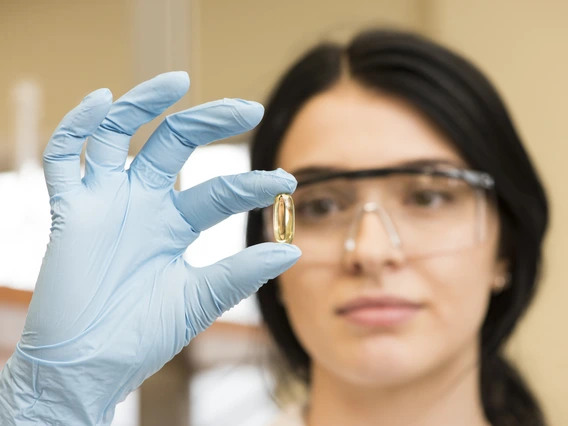
Applied Biotechnology
Build a solid foundation in microbiology, plant biology, food science, and nutrition with hands-on learning alongside faculty mentors and industry partners as you learn how to use microorganisms and plants in modern food production, medicine, and the chemical industry in biosciences careers in agriculture, food, or manufacturing.
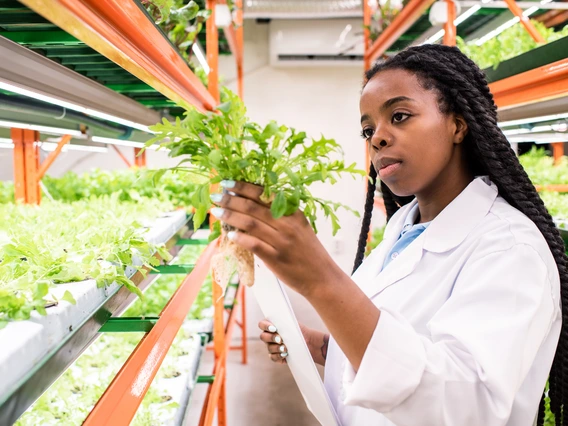
Applied Biotechnology
Industrial Plant and Microbial Biotechnology Emphasis
Learn how to use plants and microbes to develop products and technologies that help improve our lives and the health of the planet with applications in many fields, such as agriculture, food processing, medicine, and the industrial production of biomolecules, biofuels, and other chemicals.

Biochemistry
Learn from award-winning faculty with diverse specialties including protein structure and function, molecular genetics, medicinal biochemistry, optics, physics, and more to address critical challenges that humans face today and tomorrow.

Biosystems Analytics & Technology
Your interest in science, technology, big data, and analytics can contribute to solving the natural resources, food, energy, and health challenges of the future. Coursework combines biological, physical, and data sciences with technology to environmental, ecological, biological, and human challenges in careers at the intersection of science, technology, and analytics.
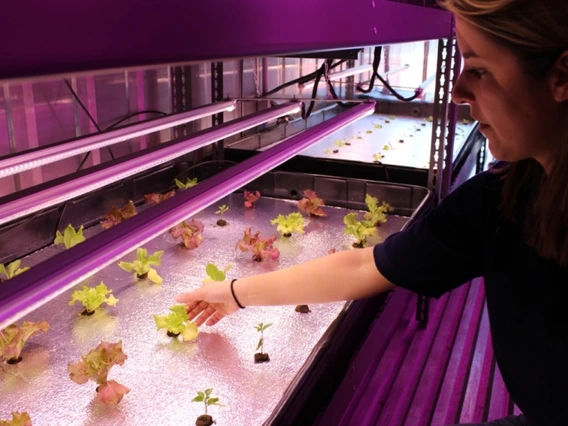
Biosystems Engineering
Develop the skills and knowledge to help guide the world toward a sustainable future by studying ways to sustainably feed an ever-growing world population, harness and preserve natural resources, and overcome environmental challenges. Immersion in design throughout the major prepares you to help protect the health and well-being of humans, wildlife and the Earth.
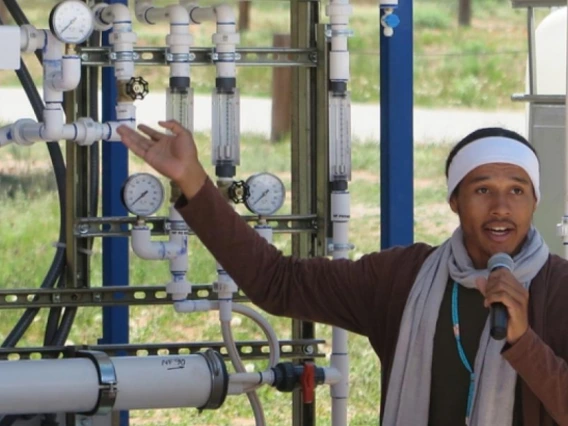
Chemical Engineering
Lively discussions, one-on-one help, hands-on labs and activities, and design projects prepare you for high-profile research in areas ranging from reusable water to semiconductor manufacturing or a careers in medicine, research, medical product and drug development, food production, water treatment, and manufacturing processes.

Environmental and Water Resource Economics
Prepare to become a responsible leader in the management of natural resources through coursework in quantitative methods, economics, politics and communication. You'll learn how to formulate policies for responsibly managing natural resources while gaining skills in business management, human resources, and food/fiber production.
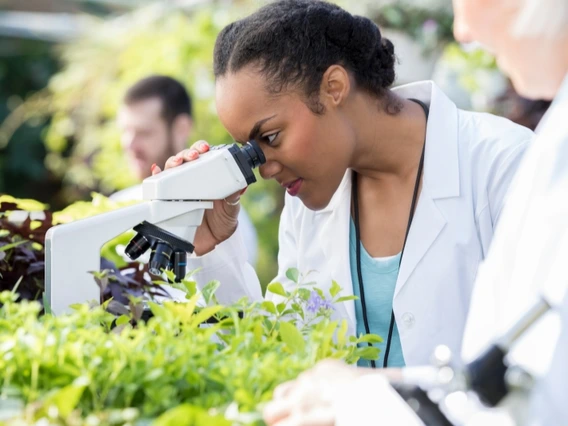
Environmental Science
Soil, Air, and Water Emphasis
Working in classrooms, labs and in the field, develop a broad scientific understanding of human influence on the natural world, from a molecular level to a global scale, and how environmental systems sustain climate, purify water, provide food and fiber, and remediate pollution.
Pagination
Environmental Themes
Career Fields












